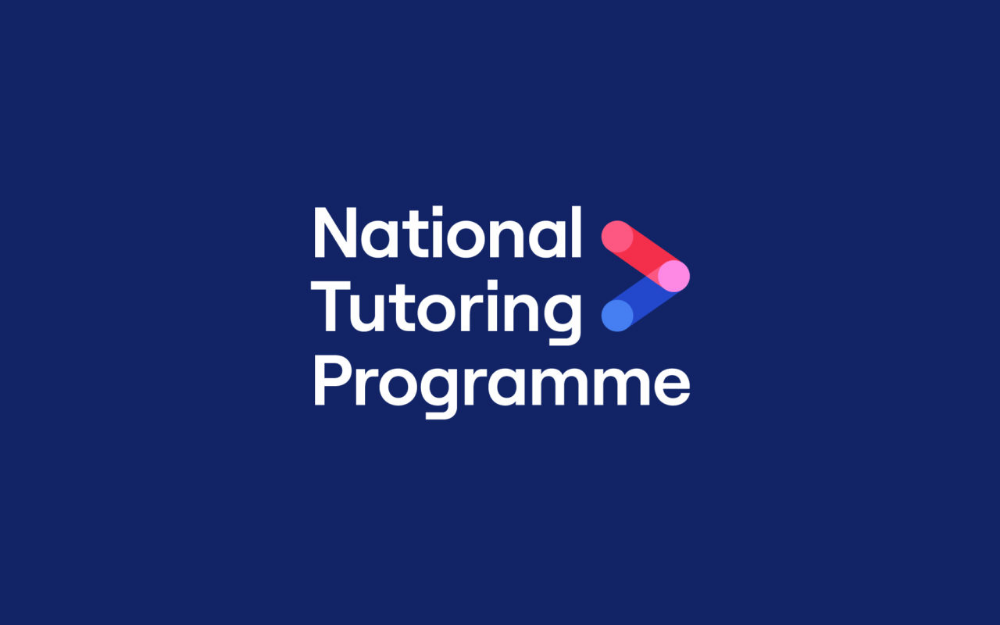The National Tutoring Programme (NTP) was one of the most significant interventions in UK education policy in recent years. Over its three-year span, the NTP supported more than 6.1 million tutoring courses and delivered over 66.2 million hours of tuition to students across England. Launched in response to the COVID-19 pandemic’s devastating impact on learning, the NTP aimed to bridge the educational gaps that widened during school closures. Although the programme has now closed, its legacy — and the conversations it sparked about the role of tutoring in education — will continue to shape our sector for years to come. In my book, Love Tutoring: Be the Tutor Your Student Needs, I reflect on the impact of the NTP and the opportunity it created to professionalise and elevate the role of the tutor.
Praising the Achievements of the NTP
Independent evaluations from organisations such as Impetus and ImpactEd suggest that the NTP achieved meaningful outcomes. Many students who received tutoring made accelerated progress compared to peers who did not. Research from ImpactEd indicated that students accessing tutoring through the NTP showed, on average, +3 months of additional progress compared to similar peers.
The wider evidence base for tutoring is strong. The Education Endowment Foundation (EEF) Teaching and Learning Toolkit consistently ranks one-to-one and small-group tutoring among the most effective strategies for improving pupil outcomes, with an average of +4 to +5 months’ progress per year when implemented well.
Parents and students also overwhelmingly supported tutoring. According to findings from The Future of Tutoring report by Impetus, over 80% of parents reported positive experiences with tutoring, and the majority expressed a strong desire to continue accessing tutoring support even after schools reopened.
The Sutton Trust’s article Tutoring: The New Landscape shows that the use of private tutors continues to rise, with families increasingly recognising that school alone may not fully meet their children’s educational needs.
Recognising the Criticisms and Challenges
While many students benefited, it is important to acknowledge that tutors themselves often had very little agency within the NTP structure. Many reported feeling underpaid, underutilised, and undervalued, with their professional expertise not always fully recognised.
The rapid scale-up of the NTP also created unintended negative impacts. Some tuition businesses grew too quickly to meet the sudden surge in demand and had to let go of the majority of their tutors and administrative teams once growth slowed. Schools that had previously used their Pupil Premium funding to pay for tuition independently found it difficult to revert to doing so after the dedicated NTP funding ended.
Additionally, many schools experienced frustrations with the central administration systems and variable quality of tutoring delivery. These negative experiences deterred some schools from continuing to engage with tutoring services after the NTP. Participation in the programme declined year-on-year, from around 80% of eligible schools in the first year, to approximately 60% in the second year, and closer to 50% by the third year.
Qualified Tutor’s Role During the NTP
Throughout the lifespan of the NTP, Qualified Tutor acted as a trusted training partner for many Tuition Partners, delivering training to thousands of tutors who went on to support students through the programme. Alongside our training work, we hosted a wide range of events to develop and celebrate tutoring practice, including Love Tutoring Festivals, BETT for Tutors, World Tutors’ Day celebrations, and contributions to the BETT Futures and Tutoring Research Forum.
We also recognised that not all families who needed tutoring were successfully allocated support through the NTP. Qualified Tutor worked to fill these gaps by equipping independent tutors to offer high-quality, accessible tutoring to students who might otherwise have been left behind.
Building the Future of Tutoring
The role of tutoring continues to grow and evolve. Many tutors today support students experiencing emotionally based school absence (EBSA), home-educated students, and those with social, emotional, and mental health (SEMH) needs, often through partnerships with local authorities. Many former NTP Tuition Partners have shifted their focus to “school-adjacent” tutoring, working closely with families and communities.
Qualified Tutor remains at the forefront of this movement, offering a full progression of training pathways, including our Foundations of Effective Tutoring course, Supporting Students with SEND course, Level 3 Award in Education and Training, and our pioneering Level 7 Postgraduate Certificate in Professional Tutoring.
Going forward, it is vital that tutors are seen and managed as education professionals, with the respect, support, and autonomy they deserve. Initiatives like our Professional Tutor Certification at Qualified Tutor are key to setting these standards. We are helping tutors demonstrate their professionalism, deepen their skills, and advocate for their role as vital partners in education.
The National Tutoring Programme may have ended, but its spirit of innovation, collaboration, and commitment to pupil success lives on. We are proud to continue supporting the growth of professional tutoring, helping tutors, students, and families thrive in the new educational landscape.
References:
- Department for Education (DfE), National Tutoring Programme Year 3 (2022/23) Outcomes and Evaluation, 2024.
- National Audit Office (NAO), Support for Pupil Learning Recovery in Schools, 2023.
- ImpactEd, Evaluating the National Tutoring Programme, 2022.
- Impetus, Making the NTP a Success, 2022.
- The Future of Tutoring Report, Impetus
- The Sutton Trust, Tutoring: The New Landscape

